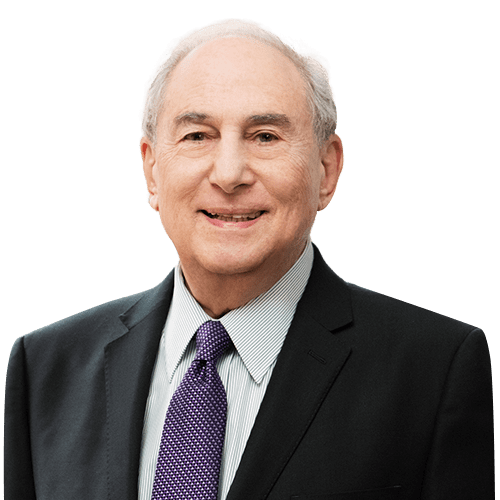Court Throws Cold Water on SEC Disgorgement Remedy
- Awarded to the wrongdoer’s victims; and
- Net of the wrongdoer’s legitimate expenses.
The U.S. Supreme Court recently determined that court-ordered disgorgement is an available remedy to the SEC in an enforcement action. This is so even though Congress did not expressly authorize disgorgement and disgorgement, at least by that name, is not a traditional equitable remedy.
The Supreme Court’s chief determination balanced two countervailing principles. First, an equitable remedy — whether called restitution, an accounting, or disgorgement — should be available to deprive wrongdoers of their profits from unlawful activity. Second, wrongdoers should not be punished by paying more than fair compensation to the persons wronged.
However, a number of questions remain. The Supreme Court remanded the case for the Ninth Circuit to determine whether, consistent with the following equitable principles:
- An SEC order directing any disgorgement proceeds to the U.S. Treasury, rather than directly to the victims, would be for the benefit of investors;
- Wrongdoers can be found liable for profits as partners in wrongdoing or whether individual liability of wrongdoers is required; and
- Any legitimate expenses that wrongdoers have incurred should be deducted from wrongdoers’ profits.
The SEC has typically sought disgorgement of the full amount that wrongdoers raised from victims. The Supreme Court’s decision means that victims stand to receive less than they invested.
The wrongdoers in this case solicited foreign nationals to invest in the construction of a cancer treatment center but misappropriated much of the funds in violation of the terms of a private offering memorandum.
The case is Liu v. SEC, decided 8–1. Justice Thomas dissented on the ground that the statute authorizes the SEC to seek only “equitable relief that may be appropriate or necessary for the benefit of investors” and that disgorgement is not a traditional equitable remedy.

